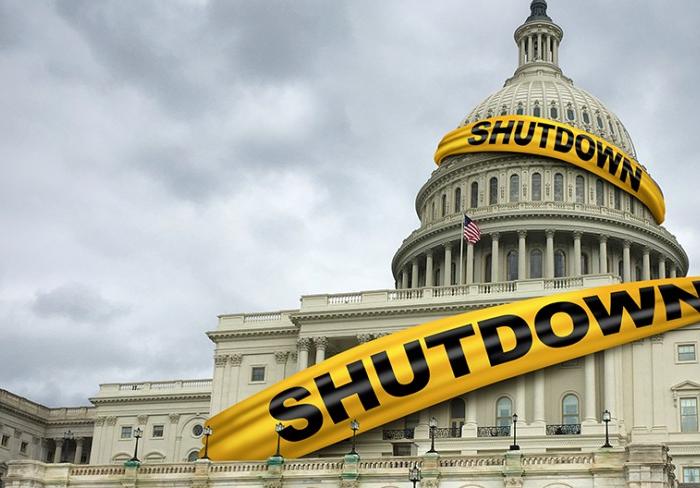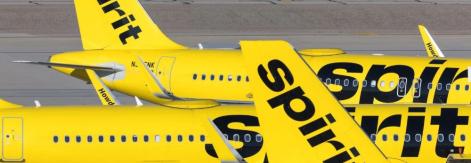United Airlines has informed it expects to save an additional US$100 million a year in distribution costs by 2007 through cutting agent commissions in other countries and reducing GDS payments.
The commission cuts alone will reduce the financially-troubled company´s costs by US$17 million this year and US$50 million annually by 2007, COO Pete McDonald said in a message to employees.
Beginning on May 1 this year, foreign tourists traveling to Jamaica by air will be bound to defray a mandatory $10 tax, authorities on the island announced earlier this week.
The new measure is part of a major plan devised by a blue-ribbon panel in an effort to clinch sustainable development in the local leisure industry, the island´s number-one income source.
The World Bank (WB) raised its 2005 GDP growth forecast for Latin America, but at the same time warned Latin American countries to take advantage of their economic rebound to reduce high debt levels that threaten sustained growth.
The WB said in its annual outlook report that the growth will be at a more sustainable pace, with Caribbean and Central and South American states seeing GDP increase of 3.7 percent in 2006, after 4.1 percent this year and 5.7 percent in 2004.
The impact of the killer waves that ravaged South East Asia on December 26 last year -with losses estimated in $3 billion- were forty times less damaging than the fallout of the 9/11 terrorist attacks in the U.S. four years ago.
Richard Miller, Executive Vice President of WTTC said, “The total impact of the Dec tsunami on 2005 Travel and Tourism is expected to approach US$ 3 billion and cost more than one quarter millions jobs. In most cases the jobs will be recovered as soon as traffic begins to return to the affected areas, but in the meantime the economies will continue to suffer.
German tourism and logistics company TUI plans to cut about 2,000 U.K. jobs as part of a restructuring in the face of tough competition from low-cost airlines and online travel retailers, the Sunday Times reports.
The newspaper quoted Peter Rothwell, head of northern Europe for TUI, as saying Europe´s largest tourism group planned to reduce its headcount to around 11,500 from 13,500 in Britain.
The tourist sector of the Dominican Republic generated $3.4 billion worth of revenues last year, up 5 percent from 2003. In all, the Caribbean destination scooped up 3.5 million visitors, according to the country’s Tourism Minister, Felix Jimenez.
With a whopping 24 percent contribution to the nation’s GDP, the leisure industry represents the number-one income source for the Dominican Republic, followed by money remittances sent by nationals from overseas and the business volume churned out by the local free trade zones.










